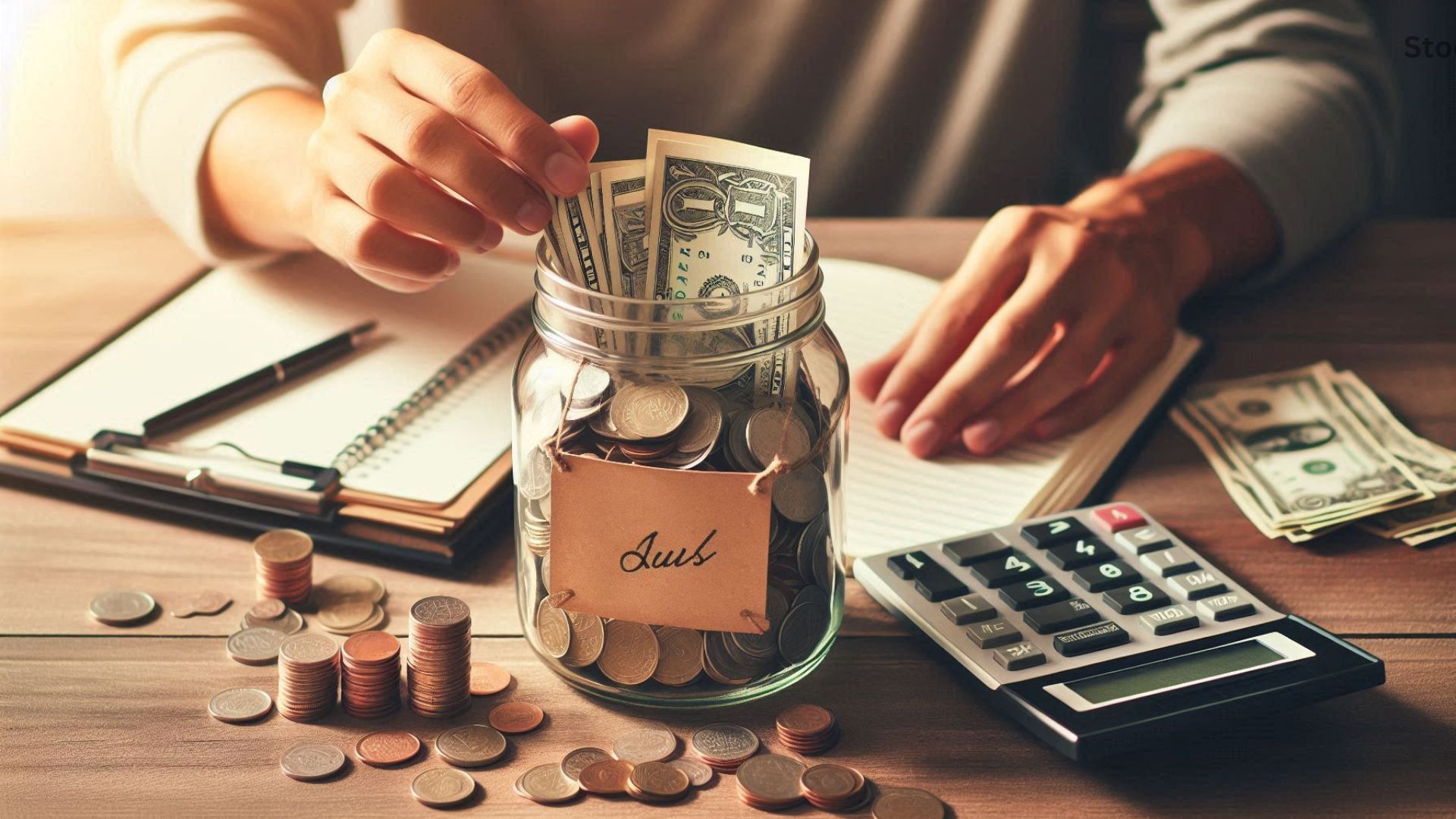How to Build an Emergency Fund Effectively?
We all have. Maybe it was a surprise medical bill, your car suddenly breaking down, a broken appliance, or even a cracked phone screen. Big or small, these things usually show up when we least expect them—and when we’re least prepared.
That’s why having an emergency fund is so important. It’s one of the smartest first steps you can take toward financial peace of mind. Even saving a little bit regularly can help you bounce back from life’s curveballs and keep you on track with your bigger goals.
So, What’s an Emergency Fund?

An emergency fund is money you set aside just for unexpected expenses—like car repairs, home issues, medical bills, or a sudden drop in income. It’s meant for those moments when life throws you a financial surprise.
It’s different from your usual monthly spending. This is your “just-in-case” money.
Why do I need one?
Without savings, even a small emergency can mess up your budget or push you into debt. And once you’re in debt, it can be hard to get out.
Research shows people who don’t have savings often struggle more after a financial shock. They might end up using credit cards or taking loans, which can lead to more debt. Some even dip into retirement savings—which is risky long-term.
Having an emergency fund gives you a safety net so you don’t have to make those tough choices.

How much should I save?

That depends on your lifestyle and past experiences. Think about the unexpected costs you’ve had before and how much they were. That can help you set a goal.
If you’re living paycheck to paycheck, saving might feel tough. But even a small amount is a great start—and it adds up over time.
How can I build my emergency fund?
Here are a few simple strategies you can try, depending on your situation:
1. Make saving a habit
The best way to grow your savings is to make it a regular thing.
- Set a goal: Decide how much you want to save. Even just aiming for ₹5,000 or ₹10,000 is a great start.
- Create a routine: Put away a fixed amount daily, weekly, or each payday. Automating it is even better.
- Track your progress: Use an app or just a notebook to watch your savings grow. It’s super motivating!
- Celebrate milestones: When you hit your first savings goal, reward yourself (without breaking the bank, of course).
Who this helps: Anyone—especially if you have a steady income.
2. Manage your cash flow
Cash flow is all about timing—when money comes in and goes out. If your expenses don’t line up with your income, things can get tight.
Try tracking your spending and adjusting bill due dates. You may find weeks where you have extra cash that can go into your emergency fund.
Who this helps: Everyone. It’s a solid first step for anyone trying to get better at managing money.
3. Use one-time windfalls
Tax refund? Birthday money? Holiday bonus? Instead of spending it all, try putting part (or all) of it into your emergency fund.
Who this helps: Everyone, but especially if your income changes month to month.
4. Automate your savings
Set up automatic transfers from your checking to your savings account. You decide how much and how often, and your bank does the rest.
Just be sure to keep an eye on your balance to avoid overdraft fees. Setting up reminders or alerts can help with that.
Who this helps: Anyone with consistent income.

Also Read: What are Mutual Funds and How do they work?
5. Save through your job
If your employer offers direct deposit, ask if you can split your paycheck between checking and savings accounts. It’s an easy way to save without thinking about it.
Who this helps: People with regular paychecks.
Where Should I Keep My Emergency Fund?
Your emergency savings should be safe, easy to access, and out of reach for everyday spending.

Here are some common options:
- Bank or credit union: A savings account is a secure place and keeps your money separate.
- Prepaid card: Load a set amount and use only what’s on the card.
- Cash at home: Not ideal, but some people like having a little emergency cash handy. Just make sure it’s stored safely.
When Should I Use My Emergency Fund?
Set clear rules for yourself. Not every surprise expense is an emergency. But if it’s something urgent—like a medical bill, car repair, or job loss—don’t hesitate to use the money.
That’s what it’s there for.
Just remember, if you use it, try to build it back up again over time. Saving is a skill, and the more you practice, the easier it gets.




Post Comment